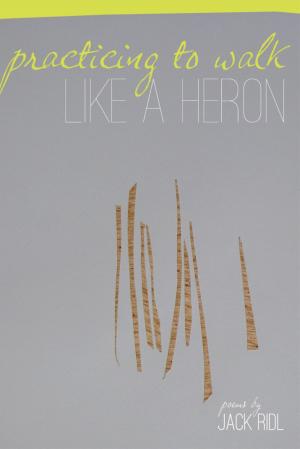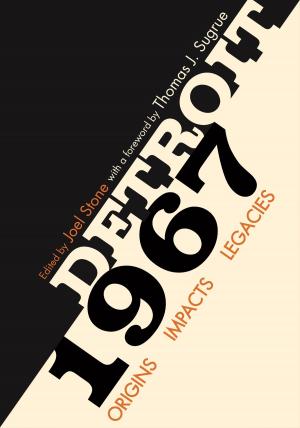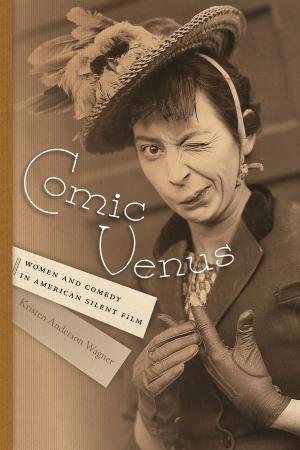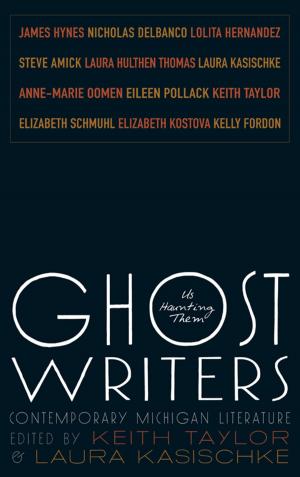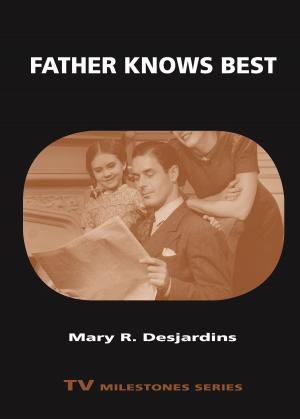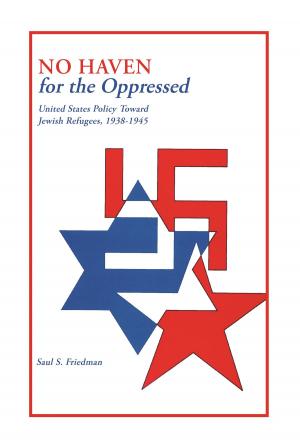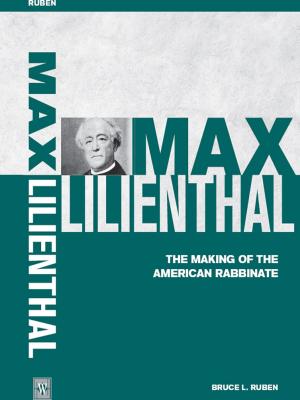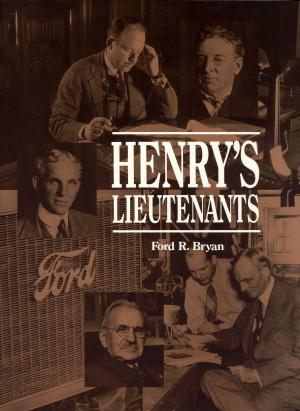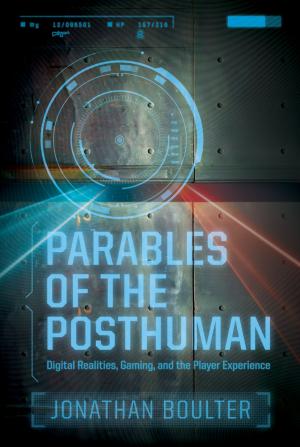Reclaiming the Archive
Feminism and Film History
Nonfiction, Entertainment, Film, Direction & Production, History & Criticism, Performing Arts| Author: | Vicki Callahan | ISBN: | 9780814336878 |
| Publisher: | Wayne State University Press | Publication: | April 15, 2010 |
| Imprint: | Wayne State University Press | Language: | English |
| Author: | Vicki Callahan |
| ISBN: | 9780814336878 |
| Publisher: | Wayne State University Press |
| Publication: | April 15, 2010 |
| Imprint: | Wayne State University Press |
| Language: | English |
Reclaiming the Archive: Feminism and Film History brings together a diverse group of international feminist scholars to examine the intersections of feminism, history, and feminist theory in film. Editor Vicki Callahan has assembled essays that reflect a range of methodological approaches—including archival work, visual culture, reception studies, biography, ethno-historical studies, historiography, and textual analysis—by a diverse group of film and media studies scholars to prove that feminist theory, film history, and social practice are inevitably and productively intertwined. Essays in Reclaiming the Archive investigate the different models available in feminist film history and how those feminist strategies might serve as paradigmatic for other sites of feminist intervention. Chapters have an international focus and range chronologically from early cinema to post-feminist texts, organized around the key areas of reception, stars, and authorship. A final section examines the very definitions of feminism (post-feminism), cinema (transmedia), and archives (virtual and online) in place today. The essays in Reclaiming the Archive prove that a significant heritage of film studies lies in the study of feminism in film and feminist film theory. Scholars of film history and feminist studies will appreciate the breadth of work in this volume.
Reclaiming the Archive: Feminism and Film History brings together a diverse group of international feminist scholars to examine the intersections of feminism, history, and feminist theory in film. Editor Vicki Callahan has assembled essays that reflect a range of methodological approaches—including archival work, visual culture, reception studies, biography, ethno-historical studies, historiography, and textual analysis—by a diverse group of film and media studies scholars to prove that feminist theory, film history, and social practice are inevitably and productively intertwined. Essays in Reclaiming the Archive investigate the different models available in feminist film history and how those feminist strategies might serve as paradigmatic for other sites of feminist intervention. Chapters have an international focus and range chronologically from early cinema to post-feminist texts, organized around the key areas of reception, stars, and authorship. A final section examines the very definitions of feminism (post-feminism), cinema (transmedia), and archives (virtual and online) in place today. The essays in Reclaiming the Archive prove that a significant heritage of film studies lies in the study of feminism in film and feminist film theory. Scholars of film history and feminist studies will appreciate the breadth of work in this volume.

